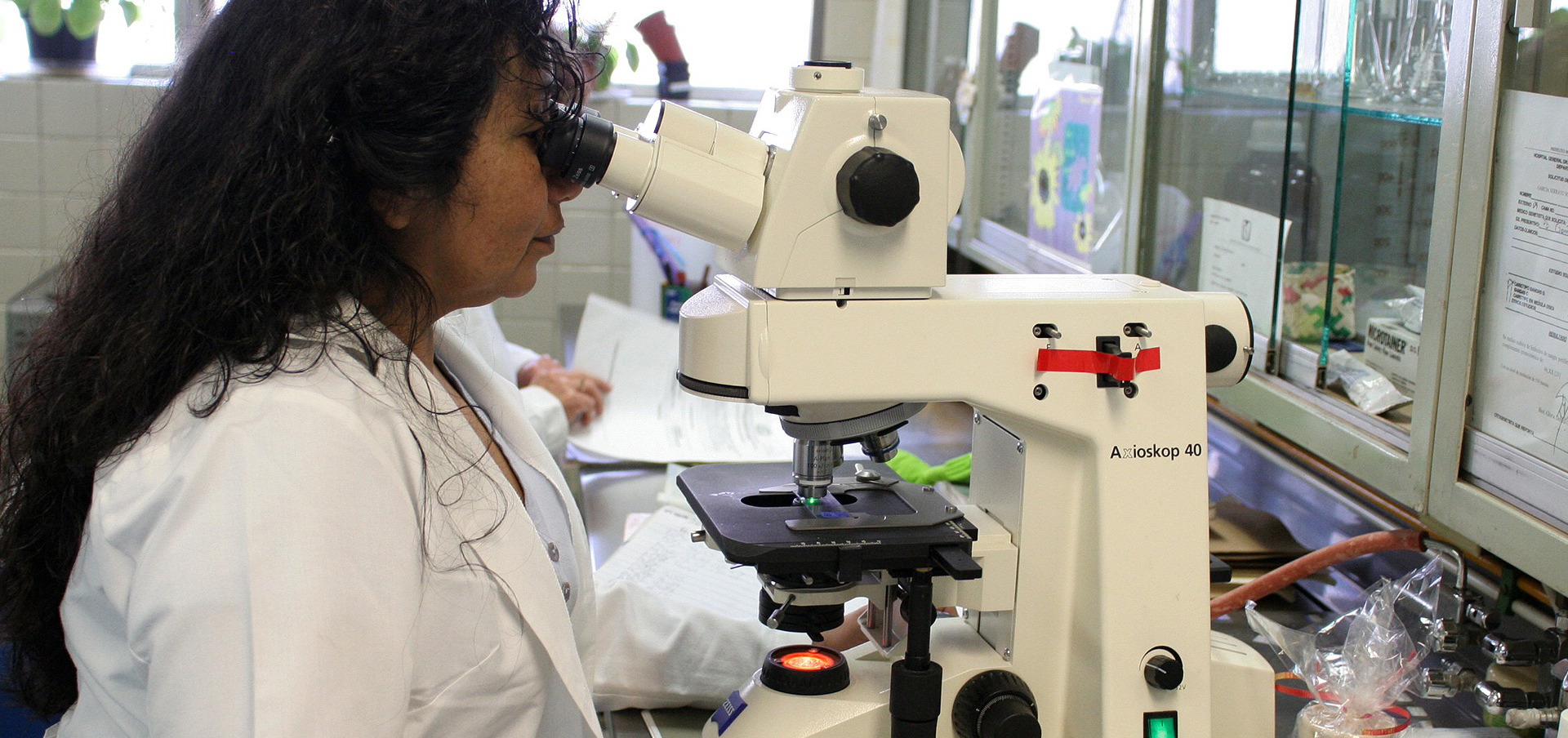Are you considering a career in healthcare? Becoming a Nurse Educator could be the right path for you! Nurse Educators are individuals who are not only healthcare professionals, but also talented teachers. They are passionate about training the next generation of nurses, and they pass down the skills and knowledge obtained from their own practical experience and education. The average salary of a Nurse Educator is $75,176, and the job outlook of this profession is excellent. In fact, there is a serious lack of nurses in the United States, and one of the reasons for this shortage is due to the lack of nurse educators in higher education!
Nurse Educators work in technical schools, community colleges, and nursing schools, and make a commitment to being engaged in academia. They reap the benefits of working in healthcare, without the long shifts, overnights, or urgent stress of a clinical setting. Though academia has its own challenging obligations, such as meeting research or publication requirements, the atmosphere between a college and a hospital is obviously very different, and something to consider closely. Thinking about which environment is the better fit for you is an important exercise before deciding to pursue a future in nursing education.
What do nurse educators do? For the most part, they complete the same tasks as college professors. They shape lesson plans, teach, evaluate educational programs, and act as positive role model to others. They also supervise student nurses’ clinical practice. If a classroom full of students, an office stacked with papers to grade and prepped for meetings to be had, and an operating room of pupils eager to learn from your skillset, sounds like a work environment that might fit your hopes and dreams, Nurse Education might be the right career path for you.
Becoming a Nurse Educator starts, fittingly, with one’s own education. First, individuals obtain training through an Associate level program which gives them the knowledge needed to take and pass the National Council Licensure Exam (NCLEX). This is how nurses become RNs, or Registered Nurses. Next, because Nurse Educators are expected to achieve a Master’s level education in nursing, they must complete their Bachelor’s degree. Bridge programs like Goodwin College’s RN-to-BSN program can help prepare nurses who are registered but who need further degree requirements in order to achieve admission to a Master’s level program. MSN degrees, like the one offered by Goodwin College, offer advanced courses through a curriculum that highlights population health. With the proper educational background, nurses can become qualified Nurse Educators.
In addition to a solid education, there is something else that is very important which is expected of Nurse Educators. That something is experience. Think about your favorite teachers in your life so far. What made them appeal to you? Besides personality, fair expectations, and engaging coursework, one thing that all really good teachers have in common is time spent with their boots in the field they are teaching. Experience equals stories, examples, and tips that only someone who has tested the waters themselves would be able to offer. So, to become a Nurse Educator, several years of extensive clinical experience in providing care for patients is expected and valued.
Lastly, it is highly recommended that nurses who hope to be educators obtain additional training and certification. In fact, the National League for Nursing (NLN) offers a Certification for Nurse Educators (CNE), which recognizes academic nursing education as an advanced area of practice within the professional nursing field. The NLN is otherwise known as “The Voice of Nursing Education,” and it is a great resource for aspiring and practicing Nurse Educators. They offer conferences, workshops, courses, and webinars as part of professional development within the field.
Individuals planning to become Nurse Educators may also want to select a specialty to practice in and eventually teach, such as geriatrics, pediatrics, orthopedics, oncology, epidemiology, or others. These certifications combine educational training with advanced clinical experiences. In fact, there are an impressive number of specializations and possible certifications available; just see this comprehensive list including contact information for every certifying specialty board.
Now that you better understand how you can become a Nurse Educator, and the reasons you might want to, you can consider building your career in Connecticut and starting with Goodwin College’s affordable, flexible, online MSN program. Call 800-889-3282 to learn more about our Master’s in Nursing program, or visit us online here to request more information.
Goodwin University is a nonprofit institution of higher education and is accredited by the New England Commission of Higher Education (NECHE), formerly known as the New England Association of Schools and Colleges (NEASC). Goodwin University was founded in 1999, with the goal of serving a diverse student population with career-focused degree programs that lead to strong employment outcomes.

